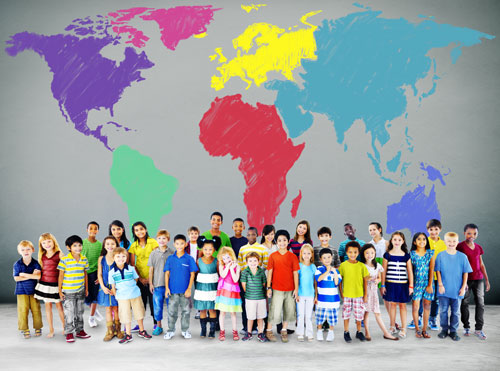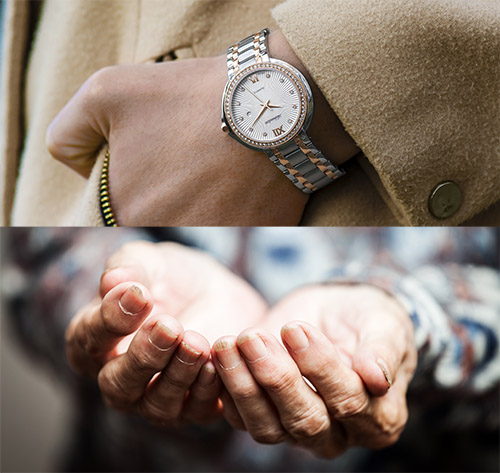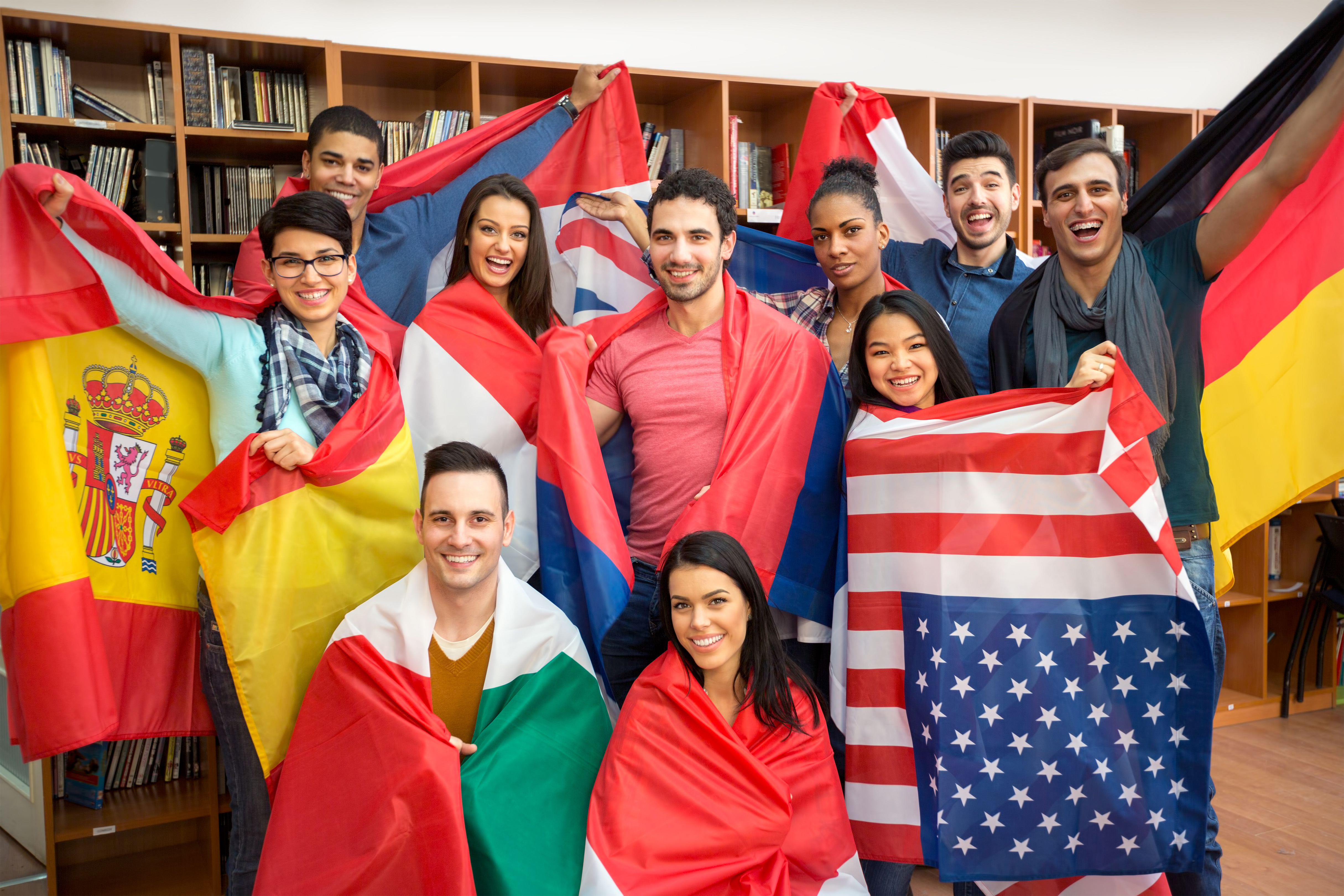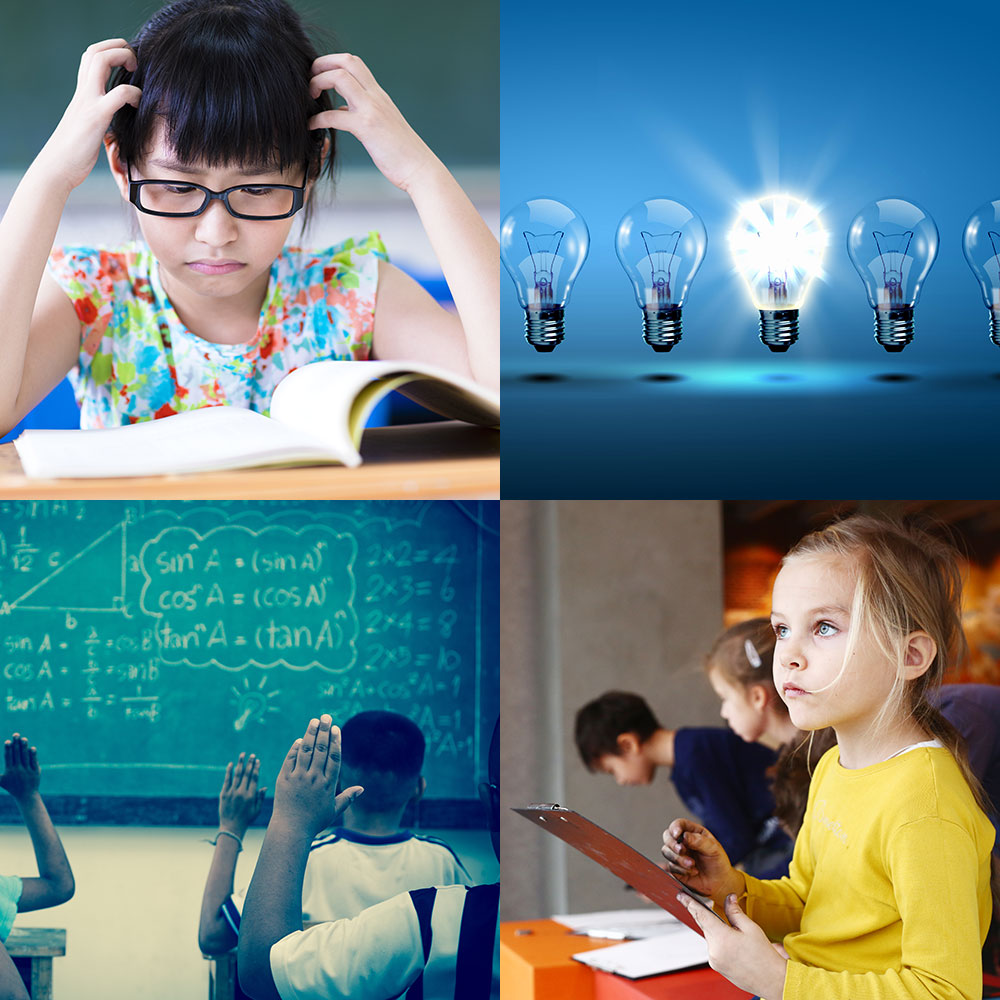Compass Learning dell'OCSE 2030, ha lanciato oggi, esorta le nazioni ad agire e rivalutare la conoscenza, abilità di vita, valori e atteggiamenti studenti hanno bisogno di prosperare e contribuire al benessere delle loro comunità e il loro pianeta. Gli esperti hanno sostenuto che i sistemi d'istruzione a livello mondiale non sono cambiati in centinaia di anni e che un modello di fabbrica non funziona più. Se stiamo parlando del 265 milione di bambini attualmente fuori dalla scuola, i bambini a scuola, ma facendo poco o dei bambini che entrano programmi “di qualità” attualmente, what competencies needed to thrive and how learning systems develop them require reflection and reform.
I believe that every global challenge we face can be conquered if we are willing to pioneer new models of lifelong learning and assessment. These new models would assume that modern learning requires a co-agency approach and recognizes that because of the unique time in which we live, studenti, insegnanti, parents and communities must all work together if learners and communities are to flourish.
Per esempio:
- Good Health and Well-Being
We are undergoing a mental health crisis globally. What good is GDP growth if people are unwell or dying? We are seeing record levels of suicide, abuso di droga, ansia, depression and school shootings, and our modern societal challenges are most likely to blame. The international stakeholders of the OECD Future of Education and Skills 2030 project highlight physical and mental health and well-being as a core foundation of every new learning model. So let’s begin by asking these questions: What’s in your curriculum that’s irrelevant, i.e. simply creating curriculum overload and so should be removed? Cosa c'è nel tuo curriculum che promuove la salute mentale e fisica e il benessere come una priorità assoluta per ogni bambino? Cosa c'è nel tuo curriculum che promuove la resilienza e la capacità di far fronte a fronte di un mondo complesso e incerto? Cosa c'è nella vostra valutazione che ci assicura il tuo curriculum è successo?
- Automazione lavoro e il futuro del lavoro nel secolo dei robot
Gioventù vuole sostenersi economicamente quando lasciano la scuola ma la nostra curricula ancora in primo luogo sottolineare le competenze accademiche. From kindergarten through high school, our children are placed on a trajectory to excel on largely fact-based college entrance exams. Negli Stati Uniti, per esempio, student debt stands at US$1.6 billion, ancora a report from the Federal Reserve Bank of New York found that the underemployment rate for recent college graduates aged 22-27, rose to 44% in 2012. Most people would agree that the automation is going to continue. New jobs will be created but we don’t know when or what. Employers will be unable to fill jobs because of a skills gap. Our alternative to waiting for this problem to become more serious is to develop a learning model that instills the competencies needed to function and flourish in a rapidly changing global world. Ensuring youth can find decent work opportunities and enjoy economic prosperity moving forward begins by asking these questions: What competency focus in your curriculum will ensure your students can find work with employers in any part of the world or via their own entrepreneurial initiatives after graduation? What’s in your standardized test that can’t be google searched but clearly illustrates that the learner is a self-starter, can transfer learning to different contexts, can create new value, has a sense of purpose, can collaborate with others and can think both critically and creatively?
- Cambiamento climatico
Climate Change is one of the greatest threats to our world. In this challenge, the world’s children are already taking matters into their own hands to address the issues. They are the victims faced with the potential extinction of their home. To ensure this does not happen, begin by asking these questions: What’s in your curriculum that equips people with the skills, agency, and moral compass to take responsibility for their planet and do everything in their power to reverse the climate crisis? Cosa c'è nella vostra valutazione che ci assicura il tuo curriculum è successo?
- Peace and Stability
Migrazione, urbanization and increased connectivity via the Internet are reshaping our societies. Conflicts based on nationality, etnia, gara, class and gender are both local and global challenges. How do we create a culture in which people are empathetic, willing to embrace tolerance and respect the diversity of human beings? Teaching the knowledge and skills that allow us to understand commonalities and differences but seek out the common ground begins in the kindergarten classroom. It requires us to answer these questions about new models of learning: What’s in your curriculum that illustrates students are aware and curious about their world and how it works? What’s in your curriculum that illustrates learners can effectively communicate, collaborate and reconcile tensions with people from other socio-economic backgrounds and cultures? Cosa c'è nella vostra valutazione che ci assicura il tuo curriculum è successo?
- Parità dei sessi
Goal 5 of the UN’s Sustainable Development Goals is to achieve gender equality and empower all females. The gender gap is holding back economic growth in every country. It perpetuates poverty. In every part of the world, women and girls suffer discrimination and violence. It requires us to answer these questions about new models of learning. What in your curriculum challenges gender biases and encourages girls to develop their talents, choose their own paths and excel in subjects usually thought to be best for boys?
- The Impact on Humanity in the Age of Artificial Intelligence
Smart machines have edged their way into our lives in virtually every domain. Whether their longer term impact will be beneficial or destructive for our lives, we know that we are dealing with an intelligence that is radically different. No matter what technology will ultimately be able to do, la nostra capacità di mostrare l'originalità, empatia, rispetto, e la volontà di collaborare con gli altri importa più. Cosa c'è nel vostro programma di studi per preparare gli studenti per un futuro in cui ciò che ci rende umani importa più che mai? Cosa c'è nella vostra valutazione che ci assicura il tuo curriculum è di lavoro?
Da quando 2015, Sono stato un collaboratore presso l'OCSE del 4 anno Future of Education and Skills 2030 progetto e concetti di apprendimento Compass. I encourage learning systems to study the conclusions shared by the international stakeholders and find ways to build better models of learning that work for our children, for all learners, and for our world.
C. M. Rubin
C. M. Rubin (Cathy) è il fondatore di CMRubinWorld, una casa editrice on-line focalizzata sul futuro dell'apprendimento globale e il co-fondatore di Planet aula. Lei è l'autore di tre libri best-seller e due molto letto serie on-line. Rubin ha ricevuto 3 Upton Sinclair Awards per “The Global Search per l'educazione”. La serie che sostiene per tutti gli studenti è stato lanciato nel 2010 e riunisce i leader di pensiero illustri provenienti da tutto il mondo per esplorare le questioni legate all'istruzione fondamentali affrontate dalle nazioni.
Segui C. M. Rubin su Twitter: www.twitter.com/@cmrubinworld







Commenti recenti